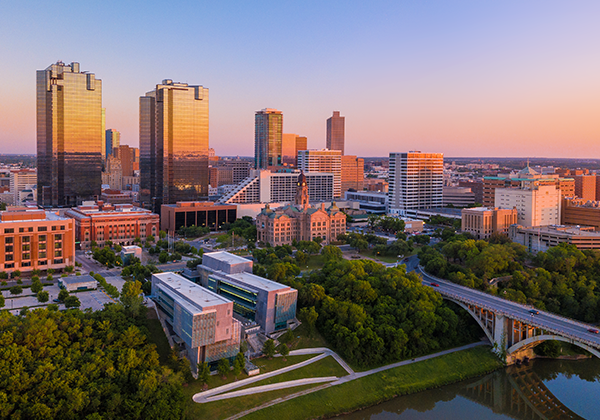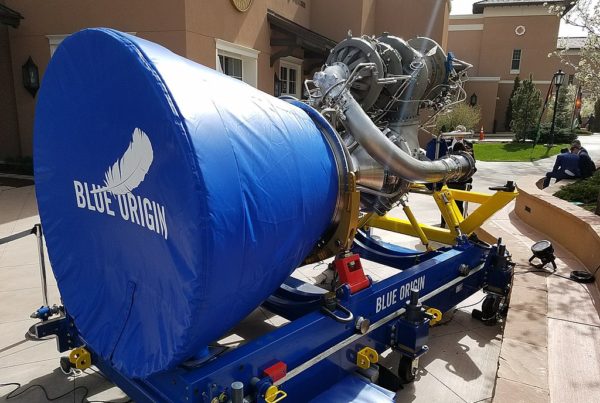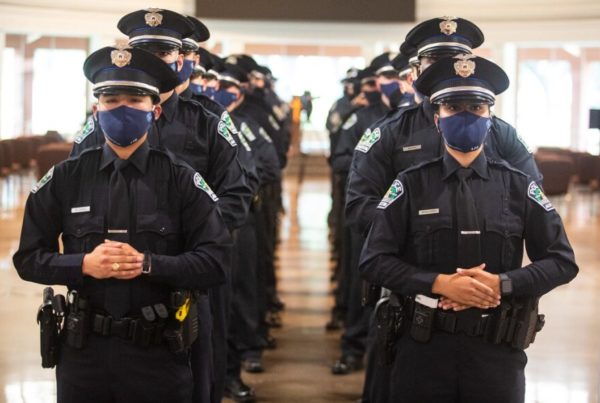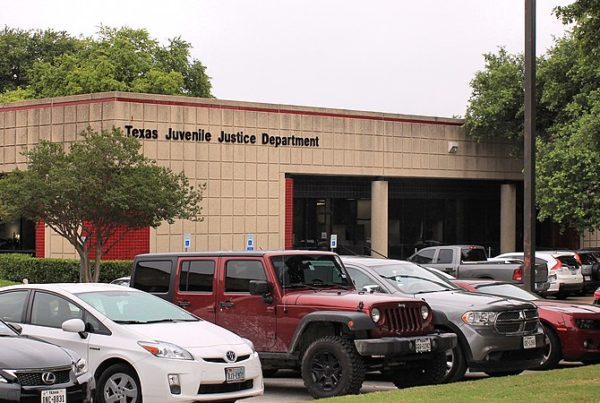After months of back and forth, Congress now approaches a vote on President Biden’s infrastructure plan. Two distinct funding packages are up for consideration within that plan: the smaller, Infrastructure Investment and Jobs Act, which has bipartisan support and will finance bridges, roads, transportation projects and broadband across the country; and the larger Build Back Better Bill, which aims to fund social programs like child and elder care.
On Monday, members of Texas’ Big City Mayors, a bipartisan coalition of mayors from Texas’ most populous cities, called on Congress to pass both bills. Mayors from San Antonio, Houston, Austin and Lubbock argued funding from the legislation would allow local leaders to invest in major infrastructure improvements throughout the state.
Fort Worth Mayor Mattie Parker joined in that call. She shared her views on the infrastructure bills with the Standard. Listen to the interview in the audio player above or read the transcript below.
This interview has been edited lightly for clarity.
Texas Standard: What’s your take on these two infrastructure bills? Should Congress pass both of them as they are now, or prioritize one over the other?
Mayor Parker: First of all, we probably all have a little whiplash trying to keep up with what’s what at this point. I’m watching negotiations really closely. But you did a nice job in the intro of trying to explain to Texans that you’ve got two pieces of legislation: your infrastructure bill, and then the Build Back Better bill. So if you start with infrastructure, that’s really where the Big City Mayors started. That was our focus when we first wrote our letter back in July. We understand that we are the fastest-growing state. Fort Worth is one of the fastest-growing cities – it’s usually [No.] 1 or 2 every single year. You have to be able to keep up with that growth, and this bill really would enable us to do that in a lot of different ways. We feel like we’re really well situated in [Dallas-Fort Worth] to take those dollars and advance a few really important infrastructure projects across our region.
What would those projects be?
Parker: Let’s start with broadband access. That’s something we all started on and realized the need for during COVID. Fort Worth has already put about $5 million of CARES Act dollars into community Wi-Fi programming. These dollars could go even further and we could have full access across the entire DFW region – Tarrant County specifically. We also have a few things going on focused on commerce, innovation and mobility. The Mobility Innovation Zone that’s run by Hillwood and Alliance Texas is incredible. A variety of different companies focus on what the future of transportation looks like, and we believe strongly that this bill could really enable us to go even further. Fort Worth is interesting because we’re not as dense a population as a large city. When you compare us to other big cities, we’re just spread out and we need to be able to productively use those dollars across our entire western half of the North Texas region to capture the growth that we’re seeing. Lastly, of course, is airports. DFW airport continues to lead the world in innovation, and then Alliance Airport, an urban cargo airport hub, are both places we’ve really invested in wisely. So all those things on the infrastructure bill are really important.
Even the cheapest one, the Bipartisan Infrastructure Investment and Jobs Act, that’s, like, a trillion dollars. Are you concerned about the cost of this legislation?
Parker: Of course, everybody should be. You know, it’s interesting that we were talking about this – as mayors, you budget per year what you can afford to do. We mess with our property tax rate. You look at what your sales tax revenue looks like and you sort of live by that budget. At the federal level, that’s just not the way they budget anymore. There’s no reason to get into a debate about what that, why that is, or when they’re going to return to some sort of normalcy with balanced budgeting. But if they’re going to spend money, let’s spend it wisely. You’re seeing the progressive wing and the more moderate wing of the Democratic Party talking about what money really should be spent and what the price tag should really be, which seems to be focused mostly on that Build Back Better piece of the bill.
What makes this a bipartisan issue? You’ve got mayors from cities across the country joining forces to lobby for these infrastructure bills. Are people just throwing up their hands on the spending part?
Parker: I’ll tell you why, personally, on the Build Back Better piece: They’ve talked a lot about extending the child tax credit and really focused on childhood poverty. I think there’s potential that a one year extension is a start to really understand how it’s impacting families positively and how they’re utilizing those dollars. Separately from that, they’re finally talking about a more universal look at affordable, high-quality child care and early childhood education. This is a workforce issue, frankly. We have to get this right.
There’s so much focus on whether you’re Democrat or Republican. This is really an American family issue. For the workforce across Fort Worth specifically, we’ve been working as a community. We call ourselves the best place for kids. We’re really working on high-quality early education across our entire region, and working with the corporate world to understand family-leave policies. This gets the entire country talking about that issue in a way that’s more sustainable because of federal additional spending in that area. There’s not enough money spent on quality child care across America. It’s more than babysitting now; you have to have those students ready from [age] 0 to 5, ready for kindergarten. If you’re given the money in a way that’s locally available, I have confidence in our ability to really revolutionize the way we’re preparing students to have a successful college career and beyond because of that investment from 0 to 5.














